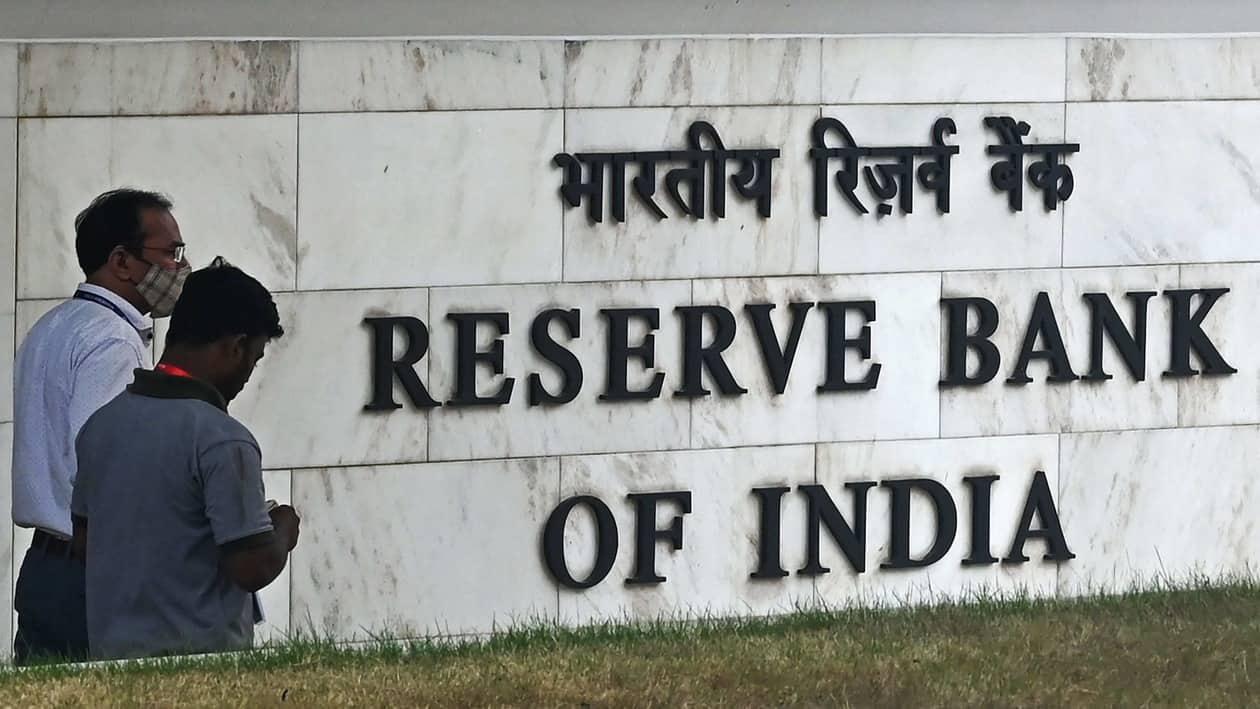(PTI) The Reserve Bank on Thursday raised the Additional Factor of Authentication (AFA) limit from ₹5,000 to ₹15,000 per transaction for e-mandates on cards, Prepaid Payment Instruments (PPIs) and UPI for recurring transactions.
It implies, additional authentication will not be need for payment of ₹15,000 per transaction.
"On a review of implementation of the e-mandate framework and the protection available to customers, it has been decided to increase the...AFA limit from ₹5,000 to ₹15,000 per transaction," the Reserve Bank said in a circular.
The Reserve Bank of India (RBI) has, over the past decade, put in place various safety and security measures for card payments, including the requirement of AFA, especially for 'card-not-present' transactions.
Under e-mandate, an individual can give standing instruction to the bank to debit a specific amount automatically on recurring basis.
